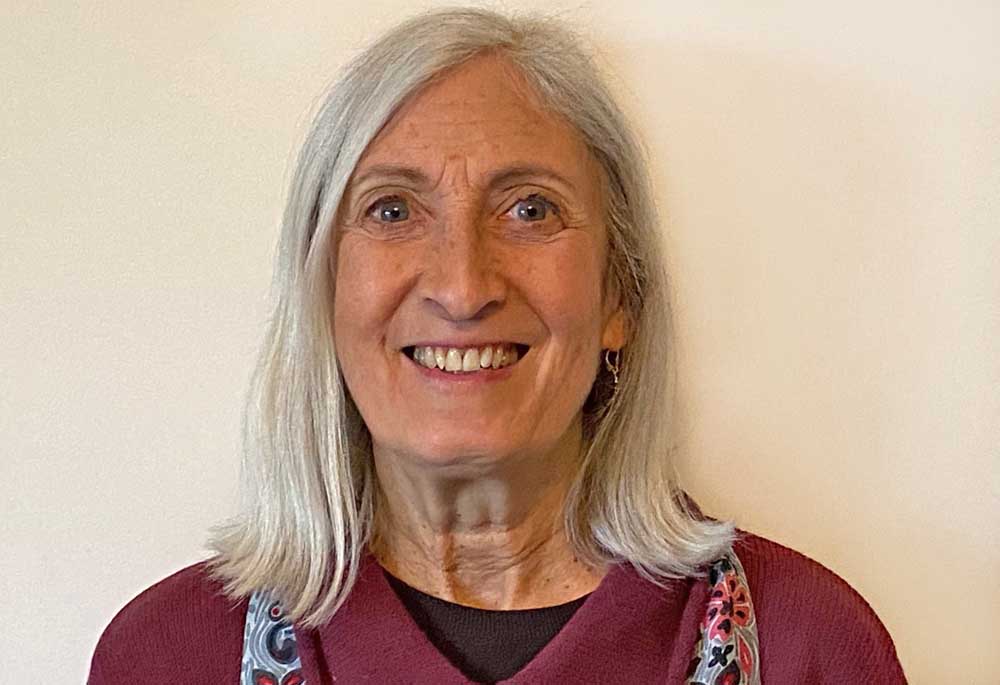AGING MATTERS: Tips for navigating the health care system
Published 7:00 am Sunday, October 15, 2023

- Ellen Waldman
A good friend of mine recently received care in one of our local hospitals. She was then discharged to a local skilled nursing facility for additional rehabilitation.
Trending
Here’s what happened: She was not really well enough to ask important questions about her care plan and placement, and her family members were not up to the task.
How does someone facing this situation, who’s not a medical professional, navigate an often-complex health care system? It takes advocacy, and that means someone who will take a more active role in planning and decision-making when you’re not up to doing this for yourself.
Here are some tips that work, starting with advocating at your doctor’s office.
Trending
Write out a list of concerns: Plan your questions before an appointment. This way, you’ll remember what you want to ask. Get to them right away. It’s likely you may be given only 15 minutes.
Be a good historian: Knowing and reporting on your medical history, plus any current symptoms, helps your provider. Always bring an up-to-date list of your medications and supplements to doctor’s appointments and the hospital. What’s in their computer system may not be as accurate as you might believe. Most times, you can update this information ahead of time on the patient portal, MyChart, available through both Asante and Providence. In most offices, getting timely answers to questions that aren’t urgent works best through the portal, as well.
Make a communication plan: Take notes at your appointment, or have a family member or friend do it for you. In addition, ask for a visit summary before you leave. You may want to sign a release of information form at each doctor’s office and in the hospital, to allow your family, friend or advocate to be informed.
Consider second opinions: Before you agree to any significant procedure or treatment, ask for a second opinion. You may want to do the same if you think your concerns aren’t being addressed by the doctor. Unfortunately, it may take a long time to get an appointment with another provider or specialist here. Everyone is short-handed.
When to hire a professional: “The bureaucracy of health care is incredibly time-consuming and stressful,” says Caitlin E. Donovan, senior director of the National Patient Advocate Foundation. “The most important thing for a patient is that they are able to focus on feeling better.”
It would be great if you could hire a professional patient advocate who can attend appointments with you, help you find in-network doctors, call insurers on your behalf and more. But there are actually no certified patient advocates locally. However, you might be able to hire a retired nurse who’s familiar with our resources. Also, the Aging Life Care Association, aginglifecare.org, of which I’m a member, has several local professionals listed on its website who might be available.
You can also check out these two important resources for comparing our local skilled nursing facilities and rehab centers.
This first one is from Medicare, which has its own rating system for all care facilities: www.medicare.gov/care-compare.
This one is from The Oregon Department of Human Services: ltclicensing.oregon.gov. It also has information on adult foster homes, assisted living facilities, as well as nursing facilities.
It’s a confusing territory, so having an advocate, if possible, and getting information on your options always helps.









